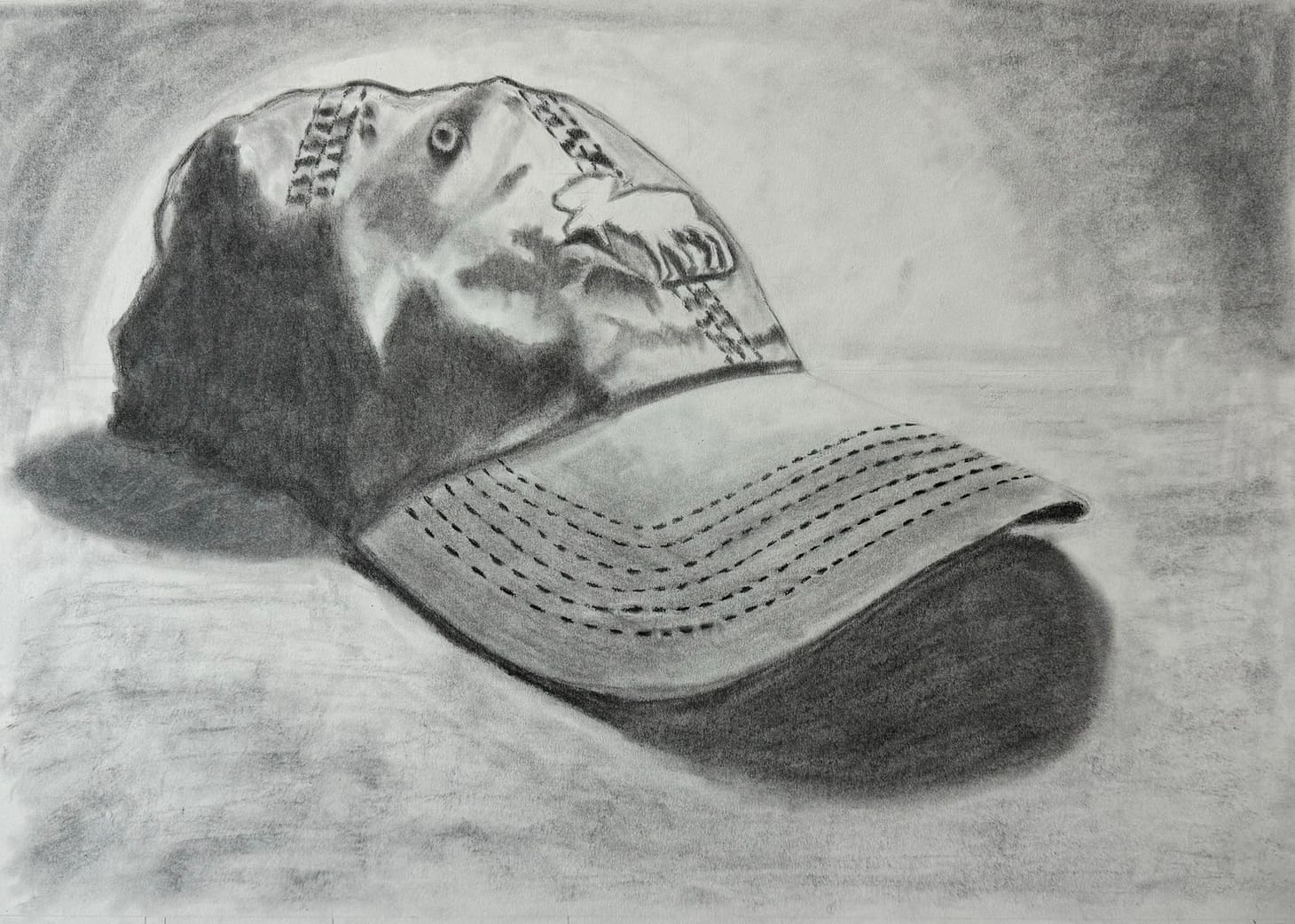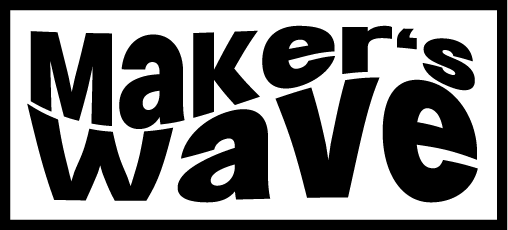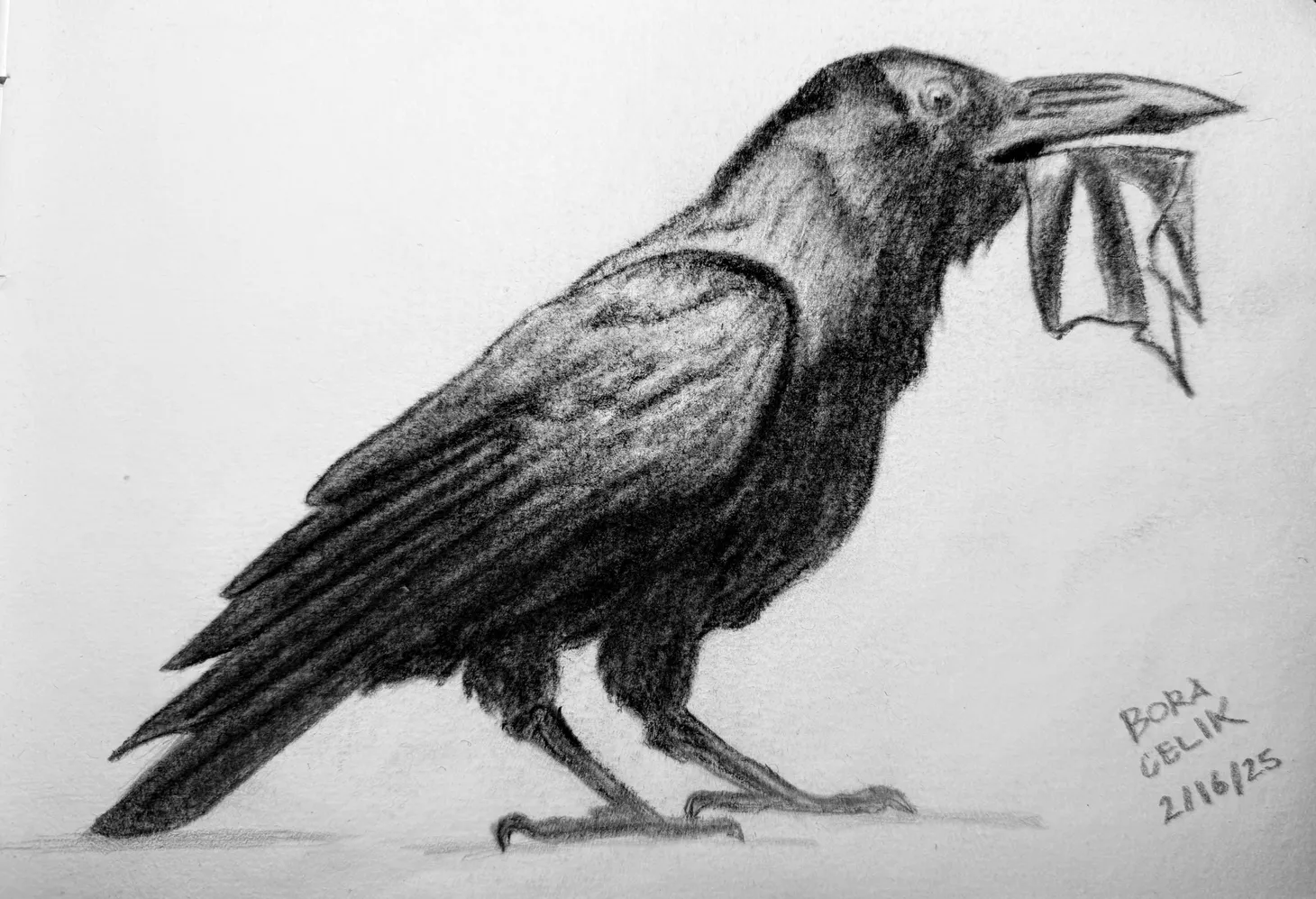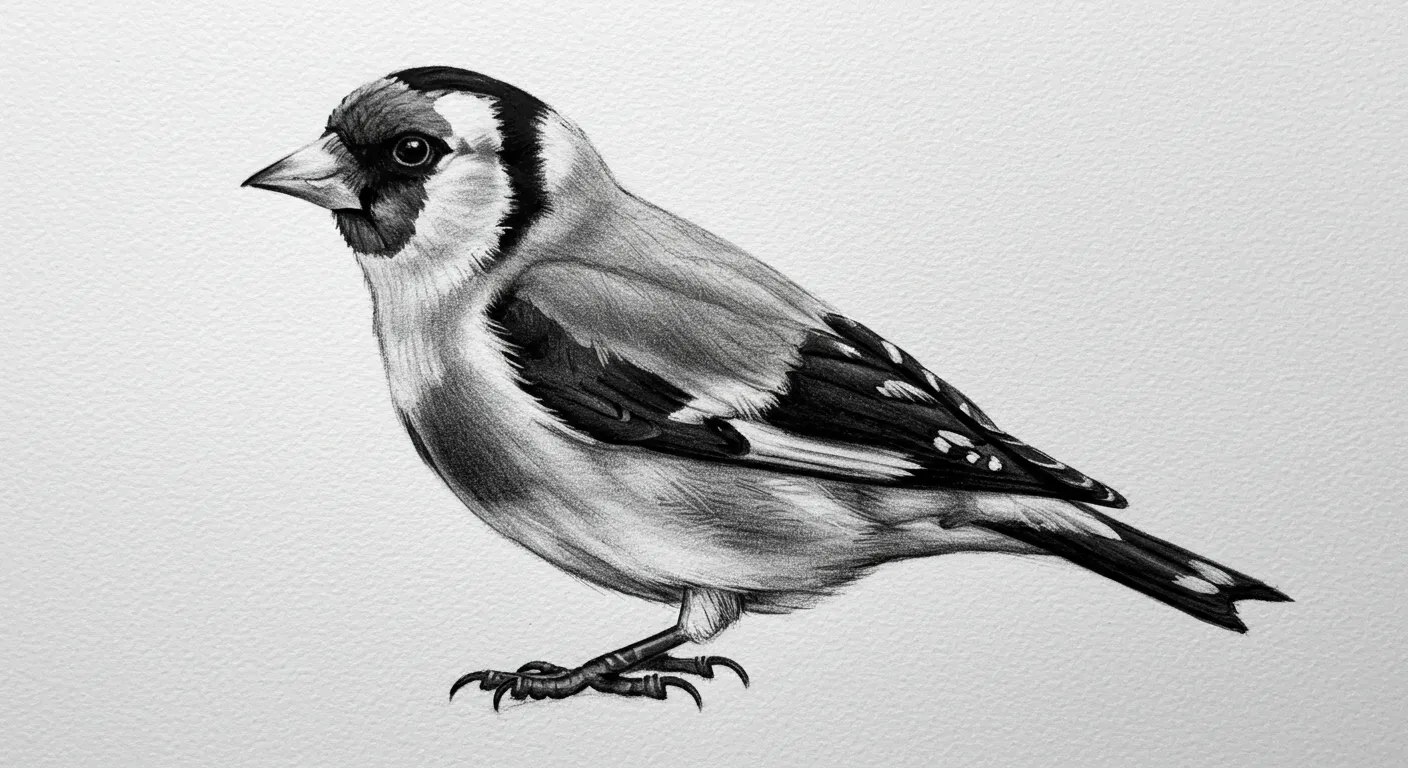Pattern Breakers: Why Some Startups Change The Future – A Book Summary

Steve Blank calls "Pattern Breakers" by Mike Maples Jr. and Peter Ziebelman the most important start-up book of the last ten years. So I naturally picked it up. I found the concepts in it helpful to me, and important enough to write a book summary post that can be helpful to builders like myself.
The book offers a fresh perspective on innovation and entrepreneurship. The authors challenge the conventional wisdom that success comes from incremental improvements or following established patterns. Instead, they argue that true breakthroughs emerge from radically different ideas that fundamentally change how people think, feel, and act.
As I discussed in my past essay on why ideas are no longer a dime a dozen, truly original, world-changing ideas are incredibly rare and valuable in today's AI-driven landscape.
The Power of Being Different
Maples and Ziebelman emphasize that breakthrough progress comes from the "unreasonable" - those who won't fit the mold and see a different world. They cite George Bernard Shaw's observation from his play "Man and Superman":
"The reasonable man adapts himself to the world: the unreasonable one persists in trying to adapt the world to himself. Therefore, all progress depends on the unreasonable man."
This aligns with my thoughts on the future of business and infusing artistry into startups, where I argue that the startup of the future needs to think and create like an artist, bringing new approaches and perspectives to stand out.
The authors argue that breakthrough start-ups are led by pattern-breaking founders who challenge conventional wisdom and convince others to embrace a radically different future. These founders achieve this through a combination of pattern-breaking ideas and pattern-breaking actions that persuade the rest of the world to think, feel, and act differently.
Inflection Theory: The Foundation of Breakthroughs
A core concept in "Pattern Breakers" is Inflection Theory. Maples and Ziebelman define an inflection as "an event that creates the potential for radical change in how people think, feel, and act." They argue that recognizing and harnessing these inflections is key to creating breakthrough startups.
This theory resonates with my essay on productive daydreaming, where I discuss the importance of catching fleeting thoughts and channeling them into creative ideas. Just as inflections provide opportunities for radical change, productive daydreaming allows us to make unexpected connections and combine ideas in novel ways.
The authors stress that inflections are not just any change, but underlying changes that make even greater changes possible. They add to the inventory of what humans can do. From a startup perspective, inflections create opportunities to alter the rules that govern competition in the future, rather than simply improving existing products according to current rules.
The Role of Insights and Timing
Maples and Ziebelman emphasize the importance of insights, which they define as "nonobvious truths about how one or more inflections can be harnessed to radically change human capacities and behaviors."
They argue that timing is crucial, with a "Goldilocks moment" where an idea is neither too early nor too late.
The authors introduce a framework for evaluating startup ideas based on whether they are consensus or non-consensus, and whether they are right or wrong. They argue that the path to greatness is to be both non-consensus and right about an opportunity to change how people will think, feel, and act in the future.
This concept of timing aligns with my thoughts on the changing landscape of ideas and execution. In my essay on why ideas are no longer a dime a dozen, I discuss how AI has made execution easier in knowledge work, making truly original ideas more valuable than ever.
Living in the Future
One of the most compelling ideas in "Pattern Breakers" is the concept of "living in the future" to unearth breakthrough insights.
Maples and Ziebelman argue that breakthrough insights come from something more visceral than just having better ideas about the future. They suggest that by directly interacting with cutting-edge technologies and thinking about their potential, entrepreneurs can develop intuitions about what's missing and what's possible.
The authors emphasize that living in the future is the way to escape the baked-in assumptions of the status quo. It's how entrepreneurs get directly acquainted with new assumptions that can lead to compelling insights. By interacting with new technologies and with other people who are also living in the future, entrepreneurs begin cultivating new patterns of behavior, different from those that characterize the status quo.
This idea of living in the future complements my thoughts on developing taste and creativity. Just as I suggest studying the history of art and the creative choices of the greats, living in the future allows entrepreneurs to cultivate a unique perspective that can lead to breakthrough ideas.
Implementation and Early Believers
"Pattern Breakers" emphasizes the importance of implementation prototypes and finding early believers. The authors introduce the concept of an "implementation prototype" (different from an MVP), which they define as a focused deliverable that helps engage potential early believers to identify the most important benefit and the most desperate customers.
They suggest using a guiding question: "What can we uniquely offer that people are desperate for?" This process of testing and refining ideas with potential customers aligns with my concept of the startup-as-artist, where businesses need to develop artist-related skills and create products that engage people emotionally.
The book also stresses the importance of "savoring surprises" during the implementation process. The authors argue that both positive and negative surprises are valuable, as they can lead to refinements in the implementation or even fundamental shifts in the startup's approach.
This part especially resonated with me. It's so easy to fall into the trap of trying to confirm our existing beliefs while completely missing the opportunity that lies in negative surprises, which we might often find frustrating.
The Pattern-Breaking Mindset
Throughout "Pattern Breakers," Maples and Ziebelman emphasize the importance of developing a pattern-breaking mindset. This involves:
- Actively seeking out and recognizing inflections
- Developing non-consensus insights about how to harness these inflections
- Living in the future to escape the assumptions of the status quo
- Creating implementation prototypes (again, not MVPs!) to test and refine ideas
- Embracing surprises (especially negative ones) and being willing to pivot based on feedback
They argue that this mindset is crucial for creating truly breakthrough startups that can change the rules of the game rather than just playing by existing rules more effectively.
Conclusion: Embracing the Unconventional
As we navigate an increasingly AI-driven world, the lessons from "Pattern Breakers" become even more relevant. The ability to think creatively, make unexpected connections, and bring truly novel ideas to life will be crucial for the entrepreneurs and innovators of the future.
In embracing the pattern-breaking mindset, we open ourselves to the possibility of creating something truly transformative - ideas and products that don't just fit into the existing world but help shape a new one. As I've argued in my essays, this approach of infusing artistry and creativity into business will be essential for standing out and creating value in the years to come.
By combining the insights from "Pattern Breakers" with a commitment to developing taste, fostering creativity, and thinking like an artist, we can position ourselves to create the breakthrough innovations that will define the future.
Maker's Wave Newsletter
Join the newsletter to receive the latest updates in your inbox.




